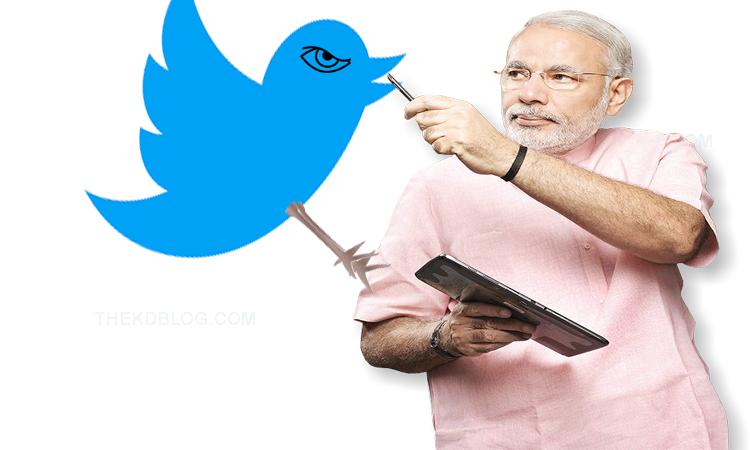Twitter controversy India
Last week, the managing director of India Twitter was called to the police office in Ghaziabad, near Delhi.
Police have not been able to arrest him immediately due to a court order after he appealed to the court against the police move, but the case is still.
Police called a Twitter official in India to inquire about a hate crime video shared on Twitter. The video shows a 72-year-old Muslim man being beaten and his beard cut off. Many people, including some famous journalists, shared the video on Twitter.

According to the police, the attack on the elderly man was not religiously motivated. The old man was attacked by a dispute over a locket he had sold. According to police, six people have been arrested in the incident.
Police have registered a complaint against the Twitter office in India for uploading the video. Complaints have been lodged against Twitter and against news site The Wire, three journalists, and three leaders of the opposition Congress for sharing the video. They have been accused of trying to destabilize the community. The six people who shared the video and filed the case are from the Muslim community.
According to the BBC, it is rare for police to order high-ranking company officials to appear for questioning on the basis of material shared on social media platforms.
Check out: Make Money with Twitter Super Follow
Like phone companies, social media also acts as a mediator and the content posted by the user on their site should be removed in accordance with the law if there is a complaint of violation of local law. Twitter argues that social media companies cannot be sued if such content is removed in accordance with the law.
But India’s federal government has said that Twitter did not comply with the new information technology rules it introduced in February and that it could lose the protection it receives as an intermediary.
According to India’s new information technology rules, big social media companies will have to appoint 3 executives in India. One will follow the law, the other will hear user complaints and the other will coordinate with the regulatory body at all times. All three are required to be full-time employees and should be Indian citizens.
According to India’s Ministry of Information Technology, two of the officers appointed by Twitter are not employees. Their office address is shown as a law firm. The ministry also claimed that Twitter did not provide details about the third executive to be appointed as India’s chief compliance officer.
Under the new rules, social media must remove content shared on its platform within 36 hours of a legal order. Also, automated technology should be used to prevent objectionable content, including pornography.
On June 21, Twitter banned 50 such controversial videos in India. The head of Twitter in India had asked the police for time to discuss the matter, but the police did not give him time. On the contrary, the police issued a warrant in his name asking him to appear for questioning in the next case.
Journalist and digital rights activist Nikhil Pahwa says the Indian government is using Twitter as an example to send a strong message to all foreign companies. Chinese jealousy has also been seen in India. The government wants to gain more control over foreign companies in the Internet sector in India.
Losing the status of a moderator is a very difficult issue for social media companies. In India, religious sentiment can be easily hurt. For example, cartoons of the cow, the sacred animal of the Hindus, could lead to millions of complaints against Twitter and its executive. So the latest lawsuit against Twitter is just the beginning.
Twitter did not provide details about its last-appointed officers, but said the service period of the interim-appointed compliance officer had been extended and that it would work tirelessly to comply with new Indian government rules.
However, Twitter is not the only company in India facing tensions with the government. Last week, WhatsApp also filed a lawsuit against the Indian government over India’s new rules. He claims that the new rules violate the privacy of WhatsApp users.
Check this Update: Top 10 ISP of Nepal with Data
The United Nations is also concerned about India’s crackdown on social media. The UN special envoy also said India’s new information technology rules could violate human rights and freedom of speech. UN officials are concerned that the new rules would give the government the right to censor journalists.
Follow The KD Blog on Twitter and Facebook to get more information.







COMMENTS